If you’re like me, you grew up believing that for optimal health you needed meat for protein; milk for calcium; and just couldn’t get all the nutrition you needed without at least some animal products in your diet. We’re taught to believe that because a vegan diet doesn’t include animal products it must somehow be lacking in healthy, appetizing, and filling options. Vegans are consistently portrayed as sickly “picky eaters” and their food choices are often assumed to be “limited.”
This misrepresentation isn’t accidental. The meat, dairy, and egg industries have a long history of using their massive financial influence to exert power over the organizations and media outlets you and your family possibly rely on for health and nutrition information.
Despite over a hundred years of animal industry corruption and propaganda, most nutrition scientists and health professionals now agree that a vegan diet can be every bit as healthy as non-vegan diets. Whole-foods, plant based diets are now commonly used to treat, prevent, and even reverse diseases like obesity, cardiovascular disease, and type 2 diabetes.
But this doesn’t mean a vegan diet can never be unhealthy. It’s totally possible for a “junk food vegan” diet to be high in sodium, saturated fat, and refined sugars (often from high intakes of processed foods)–foods which are known to have a negative impact on health whether you’re vegan or not.
Fortunately for vegans, plant foods have absolutely zero cholesterol or harmful animal-based heme-iron and much higher amounts of fiber than non-vegan diets.
Any veteran vegan will tell you: being vegan is about increasing your options, not limiting them.
You should have no problem being healthy on a vegan diet as long as your daily caloric needs are met and you make a habit of regularly eating a rainbow of fruits, vegetables, nuts, seeds, legumes, and fungi.
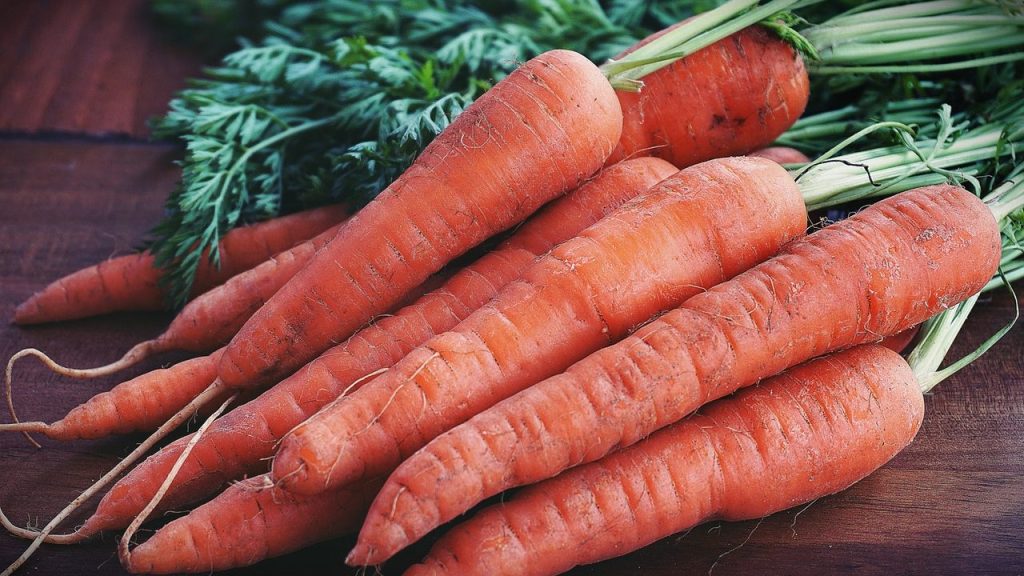
Vegan Health & Vitamins
Vitamins are organic compounds made by plants and animals. They can be broken down by heat, air, acid and light, which means processes like cooking or improper storage can cause them to break down in foods.
Vegans should pay particular attention to vitamin B12, vitamin D, and choline.
Water-Soluble Vitamins
Water-soluble vitamins are vitamins that dissolve in water. Your body generally doesn’t store them, so it’s important to regularly get enough of them from your diet. They’re better absorbed in frequent, small doses and are typically only toxic in high doses.
The water-soluble vitamins, their functions, and top vegan sources are:
- Vitamin B1 (Thiamin): Helps convert nutrients into energy. Best sources: rice, black beans, acorn squash.
- Vitamin B2 (Riboflavin): Necessary for energy production, cell function, and fat metabolism. Best sources: oatmeal, portabella mushrooms, almonds.
- Vitamin B3 (Niacin): Controls the production of energy from food. Best sources: marinara sauce, brown rice, peanuts.
- Vitamin B5 (Pantothenic Acid): Required for fatty acid synthesis. Best sources: shiitake mushrooms, sunflower seeds, avocado.
- Vitamin B6 (Pyridoxine): Creates red blood cells and helps in energy production by breaking down carbohydrates. Best sources: chickpeas, potatoes, bananas.
- Vitamin B7 (Biotin): Plays a role in the metabolism of fatty acids, amino acids, and glucose. Best sources: sunflower seeds, sweet potatoes, almonds.
- Vitamin B9 (Folate): Helps with proper cell division. Best sources: rice, asparagus, Brussels sprouts.
- Vitamin B12 (Cobalamin): Essential for red blood cell formation and proper nervous system and brain function. Best sources: supplements, fortified foods.
- Vitamin C (Ascorbic Acid): Required for the creation of neurotransmitters and collagen. Best sources: broccoli, cauliflower, red pepper.
- Choline*: Important for proper liver function, metabolism, muscle movement, brain development, and nervous system health. Best sources: shiitake mushrooms, soy milk, wheat germ.
*Choline isn’t technically a vitamin or mineral, but is often grouped with B-vitamins because they work together during many steps of metabolism.
Fat-Soluble Vitamins
Fat-soluble vitamins are vitamins that don’t dissolve in water, which is why they’re best absorbed when consumed with a source of fat. Your body stores them in your liver and fatty tissues for future use, so they can accumulate and become toxic if your body doesn’t use them over time.
The fat-soluble vitamins, their functions, and top vegan sources are:
- Vitamin A (Retinol): Essential for proper vision and organ function. Best sources: sweet potato, carrots, spinach.
- Vitamin D (Calciferol): Important for proper immune function and helps with calcium absorption and bone growth. Best sources: direct sunlight, fortified foods, supplements.
- Vitamin E (Tocoferol): Antioxidant that protects cells from damage and assists immune function. Best sources: wheat germ oil, sunflower seeds, almonds.
- Vitamin K (Phylloquinone): Necessary for blood clotting and proper bone development. Best sources: natto, kale, collards.
LEARN MORE ABOUT VEGAN SOURCES OF VITAMINS >
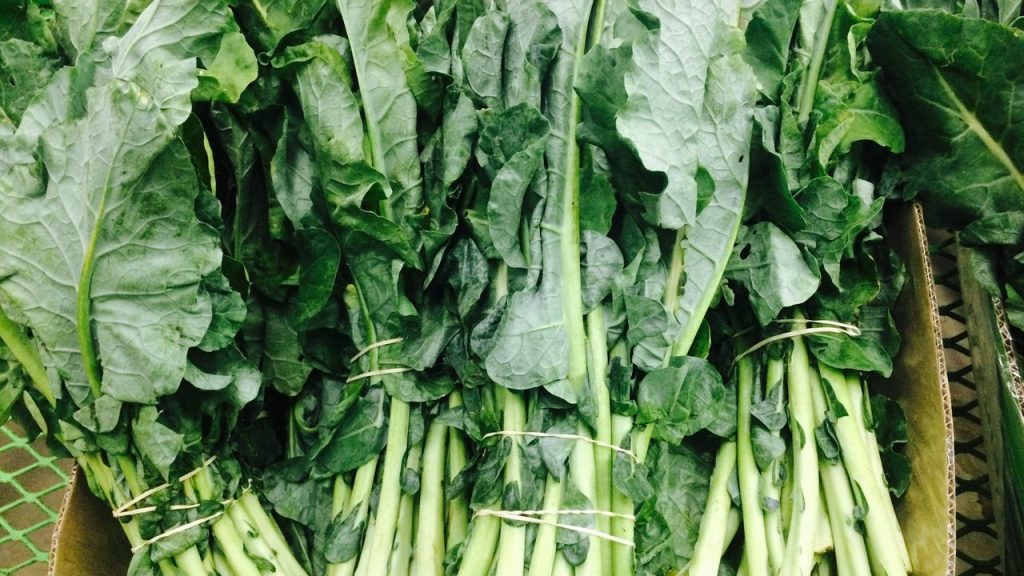
Vegan Health & Minerals
Minerals are inorganic compounds that exist in soil and water and are not made by plants or animals. They can’t be broken down by cooking or improper storage like vitamins can.
Vegans should pay particular attention to calcium, iodine, iron, selenium, and zinc.
Macrominerals
Macrominerals are needed in amounts larger than 100 mg per day for your body to be healthy.
The macrominerals, their functions, and top vegan sources are:
- Calcium: Necessary for proper structure and function of bones and teeth. Assists in muscle function and blood vessel contraction. Best sources: calcium-set tofu, fortified non-dairy products, kale.
- Chloride: Helps with digestion and maintains fluid balance. Best sources: salt, seaweed, tomatoes.
- Magnesium: Assists with over 300 enzyme reactions, including regulation of blood pressure. Best sources: almonds, cashews, black beans.
- Phosphorus: Component of bone and cell membrane structure. Best sources: lentils, cashews, potatoes.
- Potassium: Maintains fluid status in cells and helps with nerve transmission and muscle function. Best sources: dried apricots, lentils, raisins.
- Sodium: Maintains fluid and blood pressure balance. Best sources: table salt, processed foods.
- Sulphur: Part of every living tissue and contained in the amino acids methionine and cysteine. Best sources: onions, garlic, leafy greens.
Trace Minerals
Trace minerals are needed in amounts under 100 mg per day.
The trace minerals, their functions, and top vegan sources are:
- Copper: Essential in the formation of collagen, skin and connective tissue, as well as normal brain and nervous system function. Best sources: potatoes, shiitake mushrooms, cashews.
- Fluoride: Vital for the development of bones and teeth. Best sources: fluoridated water, raisins.
- Iodine: Necessary for thyroid regulation. Best sources: iodized table salt, seaweed, soy sauce.
- Iron: Required for proper circulatory system function and the creation of hemoglobin and certain hormones. Best sources: white beans, lentils, broccoli.
- Manganese: Assists in carbohydrate, amino acid, and cholesterol metabolism. Best sources: hazelnuts, pecans, brown rice.
- Molybdenum: Necessary for processing sulfites as well as breaking down waste products and toxins. Best sources: black-eyed peas, lima beans, potatoes.
- Selenium: Important for thyroid health, reproduction, and defense against oxidative damage. Best sources: Brazil nuts, couscous, chia seeds.
- Zinc: Necessary for normal growth, immune function, and wound healing. Best sources: oatmeal, tofu, cashews.
LEARN MORE ABOUT VEGAN SOURCES OF MINERALS >
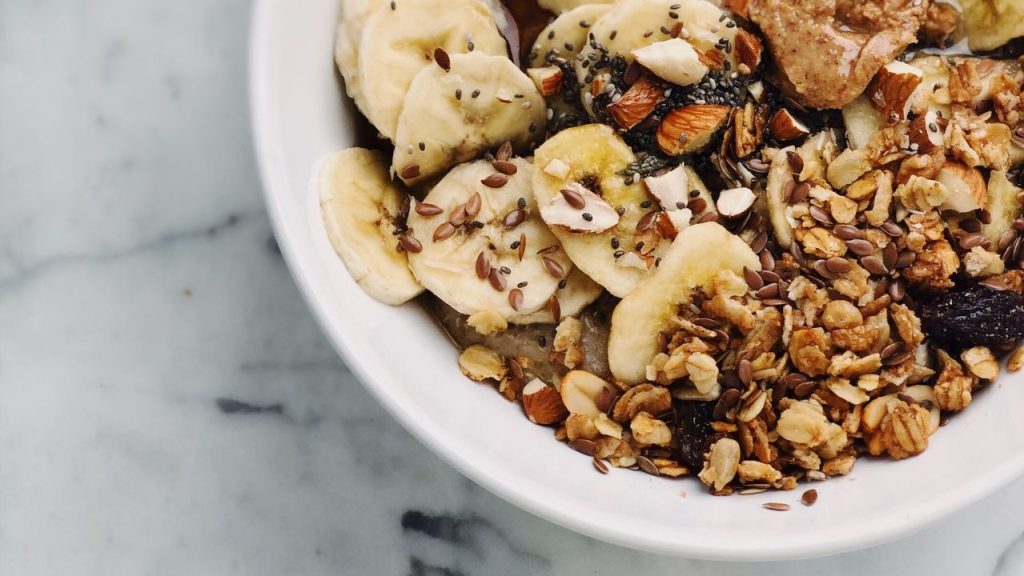
Vegan Health & Protein (Amino Acids)
Vegans can find protein pretty much everywhere. All plants contain at least some protein, which means it’s in practically everything a vegan eats.
Proteins are the main building blocks of your body; helping you build and repair muscles, tendons, organs, skin, hair, and virtually every other body part or tissue; they’re vital in your body’s ability to produce enzymes, hormones, and neurotransmitters; they help your body fight off infections; they can be even be used as a fuel source.
Protein is made of molecules called amino acids which are linked together to form long protein chains. Your body naturally produces only some of these amino acids and has to get the rest through your diet.
Some protein sources are considered “complete” proteins, meaning they contain significant amounts of all nine essential amino acids. Other protein sources are very low in at least one essential amino acid and are considered “complementary” proteins.
Thankfully, your body is able to make complete proteins on its own by combining the complementary proteins you eat throughout the day.
If you eat a varied diet with enough calories, you likely won’t have to give a second thought to whether you’re meeting your protein requirements and getting all nine essential amino acids.
LEARN MORE ABOUT VEGAN SOURCES OF PROTEIN >
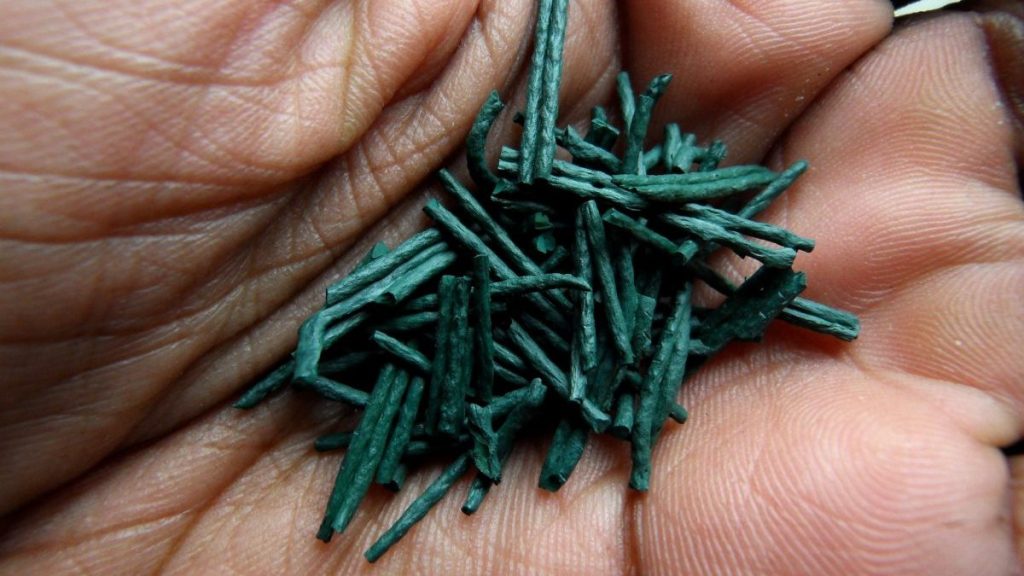
Vegan Health & Fat
Fat has gotten a bad rap but the truth is your body needs fat from your diet to be healthy and to function properly.
There are four types of fats: trans fats, saturated fats, monounsaturated fats, and polyunsaturated fats.
Trans fats and saturated fats are considered “bad” or unhealthy fats, whereas monounsaturated fats and polyunsaturated fats are considered “good” or healthy fats.
Good fats are important for a variety of important tasks such as improving heart health; promoting bone health; and improving and maintaining your brain health, cognitive abilities, and moods.
Only two types of polyunsaturated fats are considered essential because your body can’t make them on its own, which means you have to get them from your diet. These essential fatty acids are omega-3 and omega-6 fatty acids.
LEARN MORE ABOUT VEGAN SOURCES OF HEALTHY FATS >
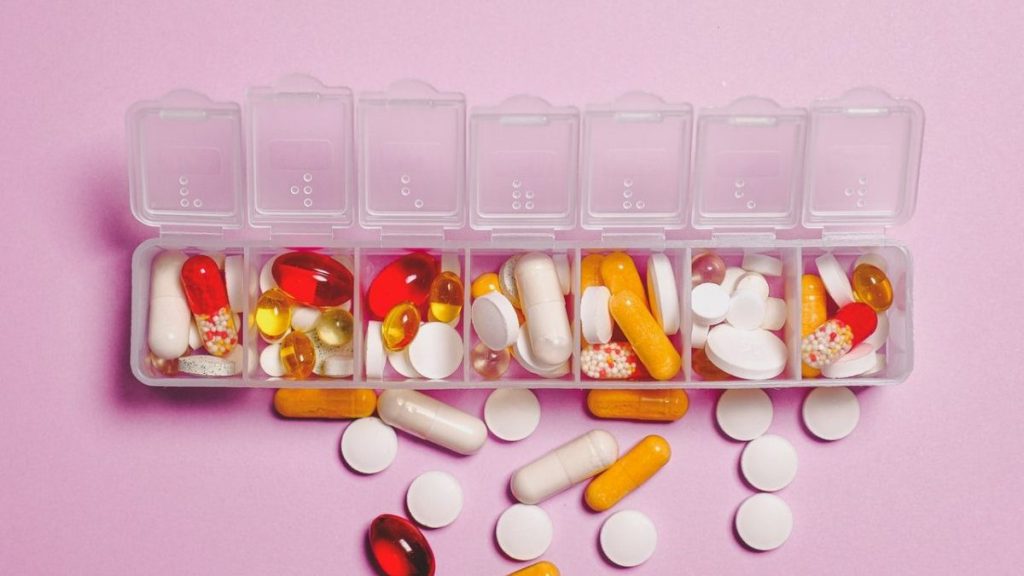
Vegan Health & Dietary Supplements
The most effective way to get the nutrients your body needs is to eat a variety of fresh fruits, vegetables, nuts, seeds, legumes, and fungi.
The only nutrient every vegan should supplement is vitamin B12 because significant amounts of it aren’t found in plant foods due to modern farming practices and variations in the composition of the soil where B12-producing bacteria can live.
As a precaution, it’s advisable for vegans to also take a vegan omega-3 DHA supplement (with or without EPA) to avoid deficiency, because the body converts short chain omega-3 into long chain omega-3 DHA inefficiently.
If getting 10-15 minutes of direct sun exposure per day is difficult for you for any reason, you should opt for a vitamin D supplement or eat foods fortified with vitamin D.
Depending where you live, you may want to take selenium, zinc, or iodine supplements, as availability of foods with sufficient amounts of these nutrients vary by geographic region.
Some vegans can have low levels of iron, calcium, or choline, so you may want to consider eating more vegan foods known to be high in these nutrients or taking a supplement.
Some vegans may benefit more from taking supplements than other vegans; particularly kids and teenagers, pregnant or breast-feeding mothers, people with health conditions which make it difficult to absorb nutrients from food, and older adults.
Finally, make sure to only use supplements certified by a third party and avoid anything with “super” or “mega” doses of any nutrient unless told otherwise by a health professional.
Disclaimer: The contents of this website are for educational purposes and are not intended to offer personal medical advice. To make sure your diet is providing you with the correct amount of nutrients your body needs, be sure to consult a nutrition specialist (ie: registered dietitian) with expertise in vegan diets.

